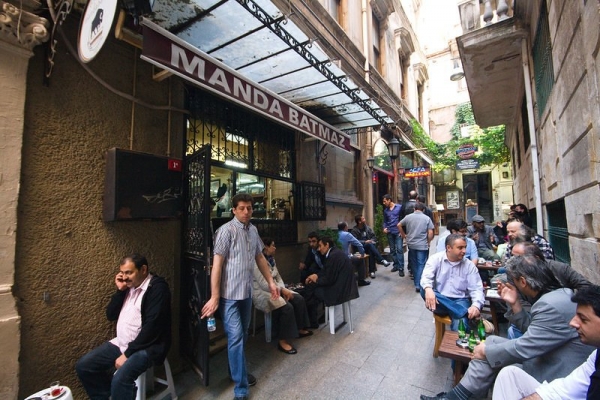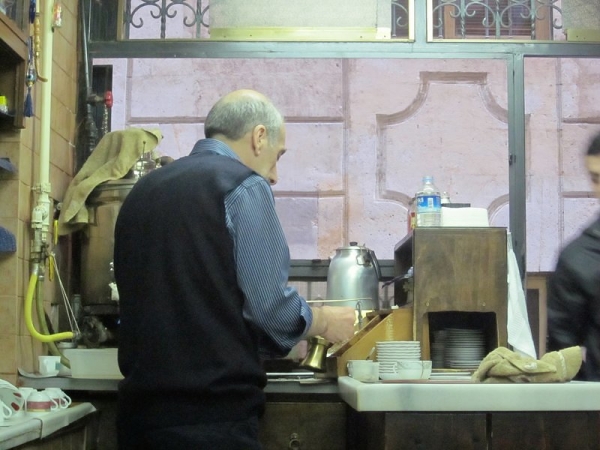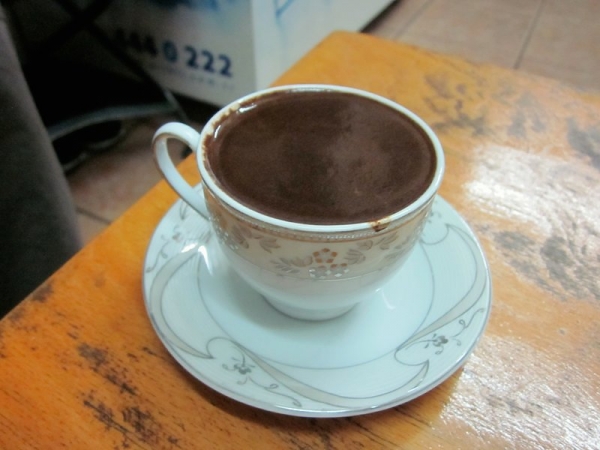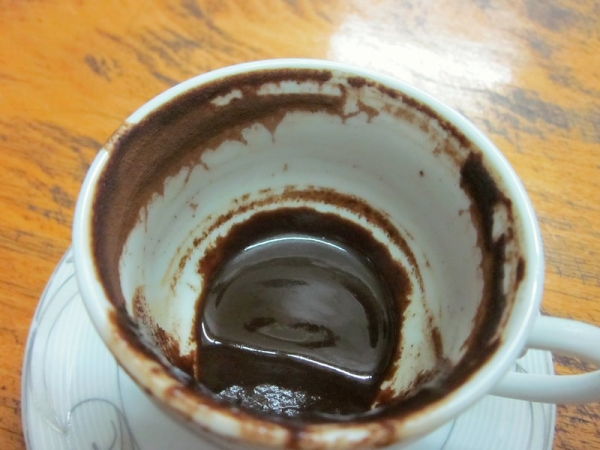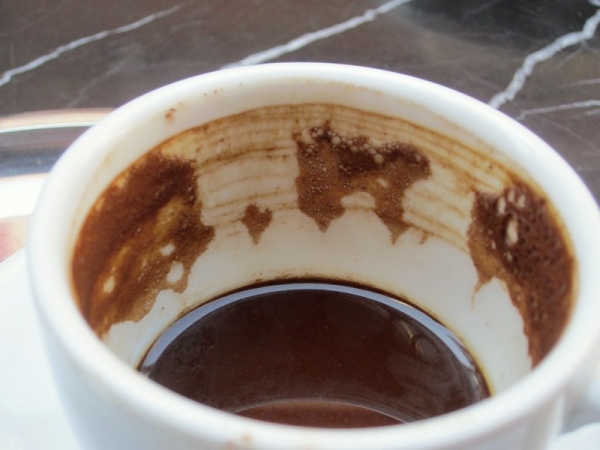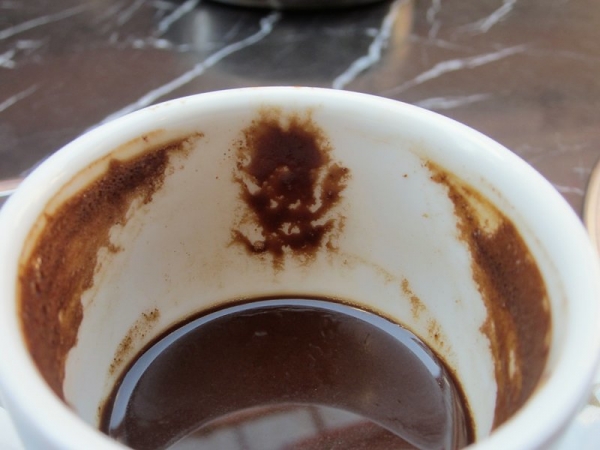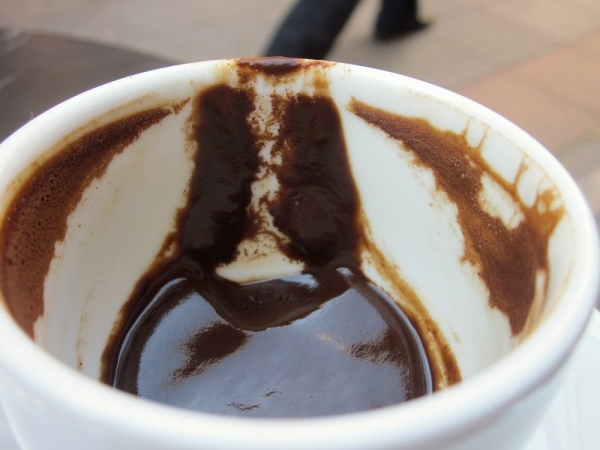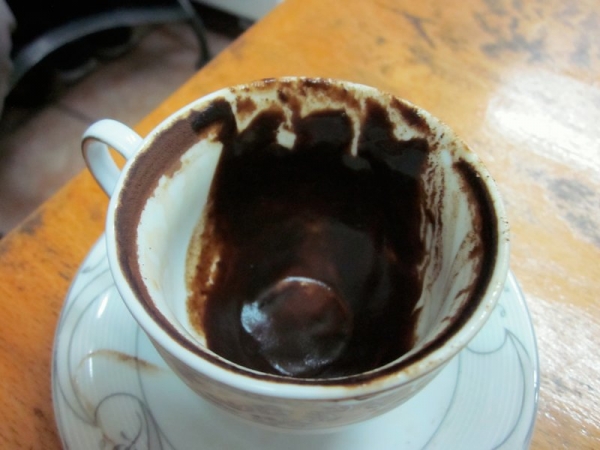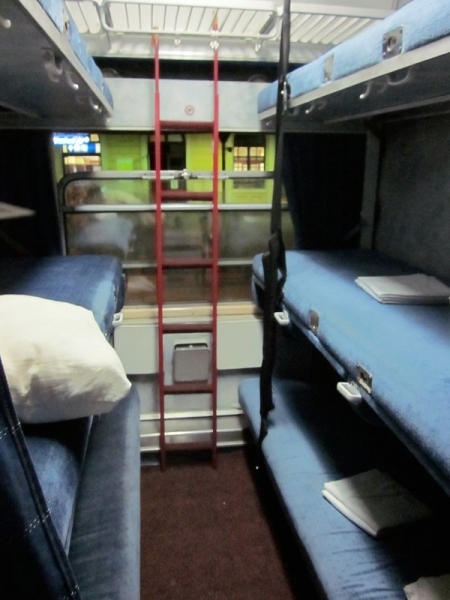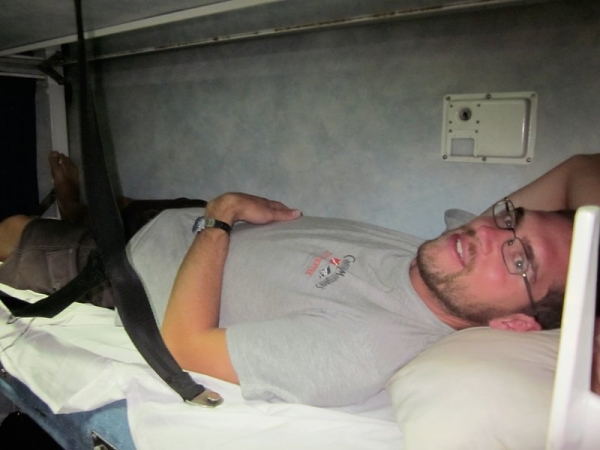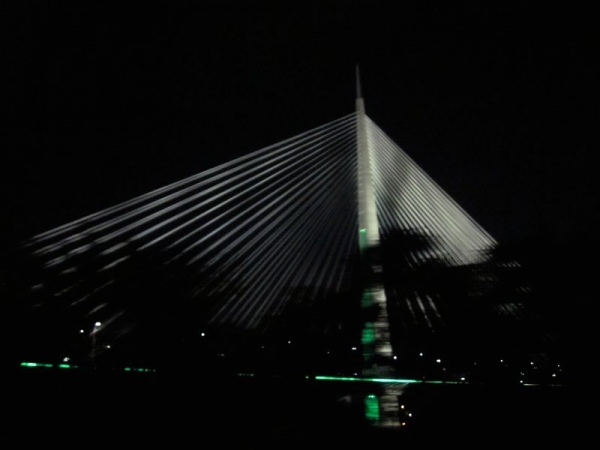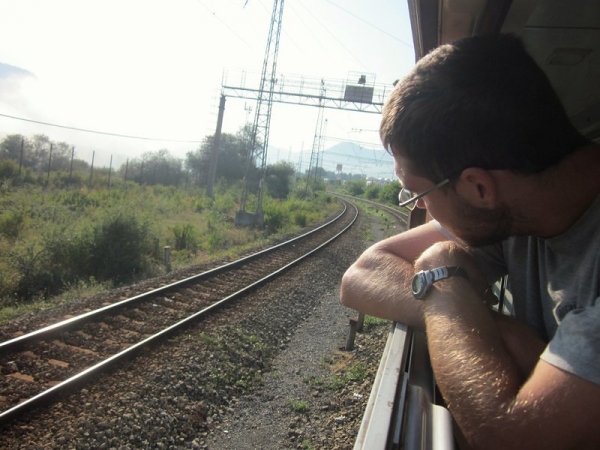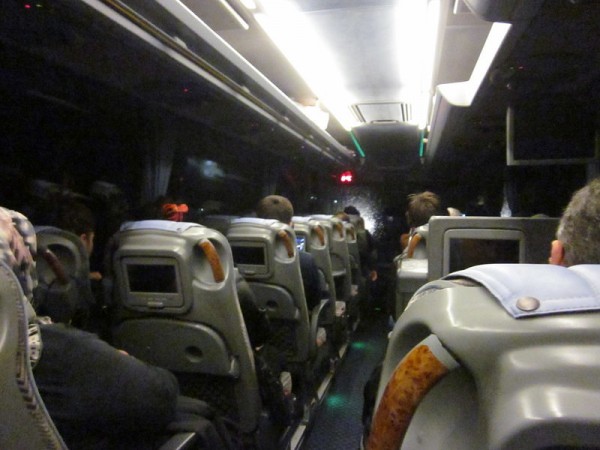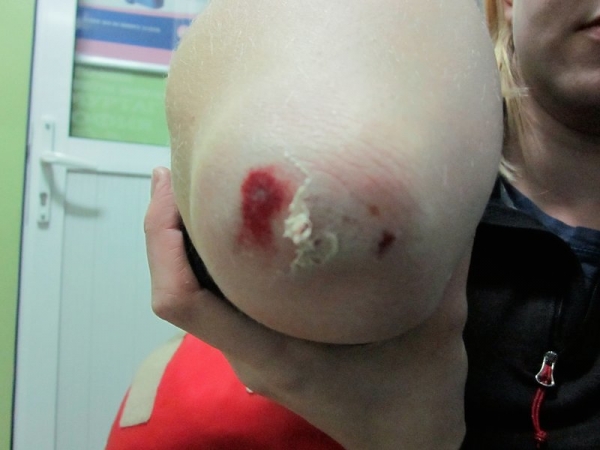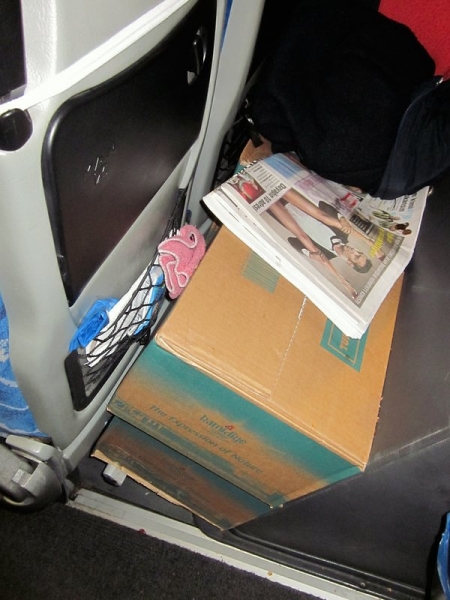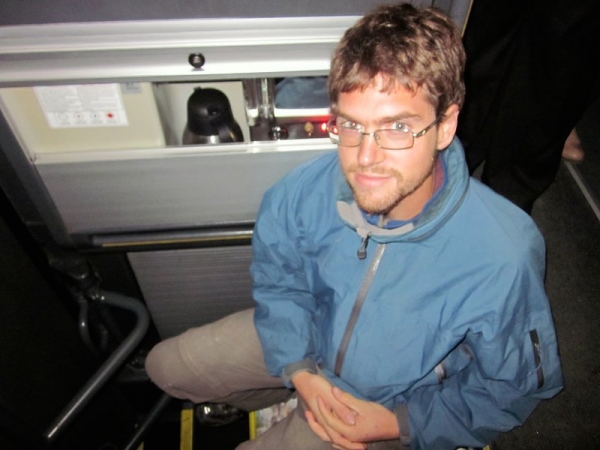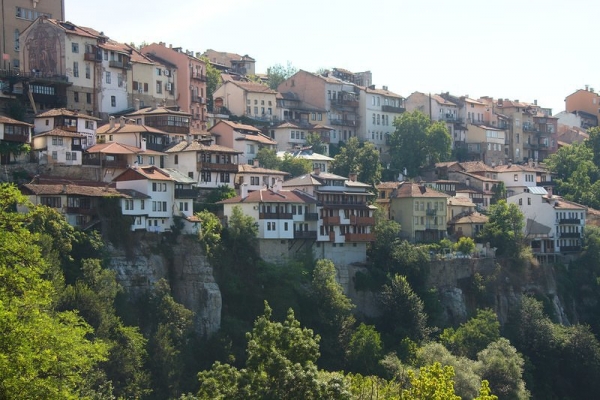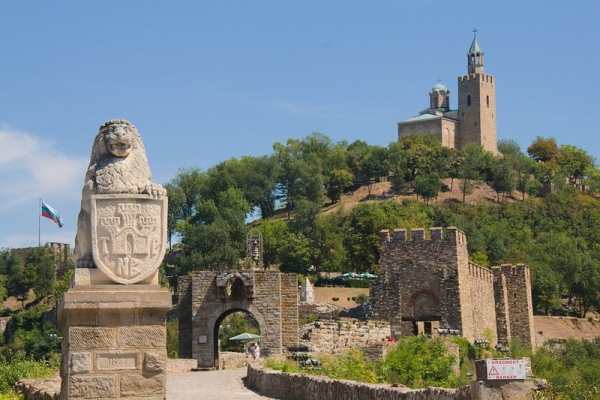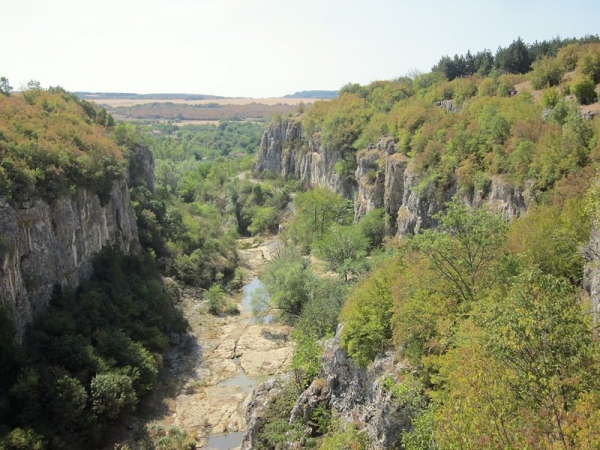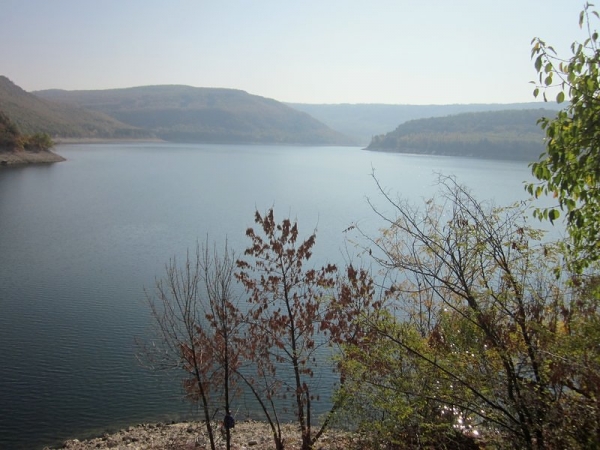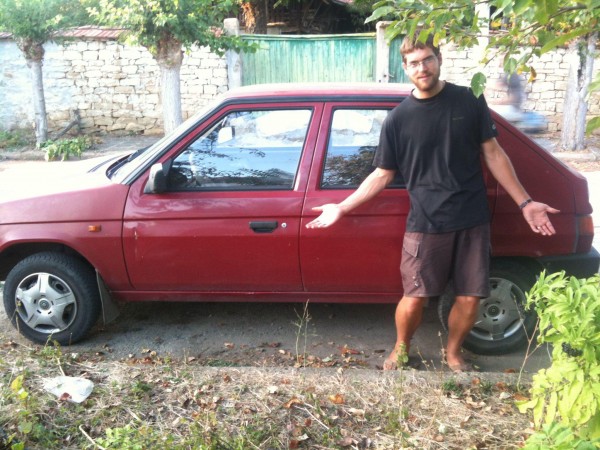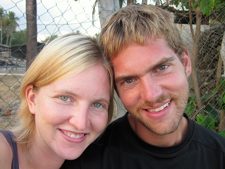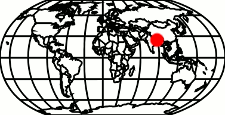Turkey is different from Western European and North American countries in a lot of ways. That’s why it’s been so fun for us to visit. Here’s just three examples from Istanbul of how we were treated to a level of hospitality far greater than what we’ve grown to expect more westernized places.
1. The Bookstore
We came to Turkey wanting to walk the Lycian Way, but we knew little to nothing about it. Naturally we were quite intent on finding a guidebook and reading up on what to expect a little before we got started. For most of one morning, Ashley and I strolled through the outdoor stores, and several English bookstores looking for an English copy of the guidebook. We weren’t having any luck.
Sometime around 12:00 pm we wandered into a small store located down a flight of stairs on a side street just off Istiklal Caddesi. At a quick glance we could tell that this was actually a Turkish Bookshop, not an English one. We were about to back ourselves up the stairs when the owner piped up and asked if he could help us. We explained what we were looking for, and he informed us that he didn’t have it. Then he made us an offer. He said that he would speak to all of the other bookstore owners who were his friends and find us a copy of the book if we would come back in 6 hours to purchase it. It seemed like a good deal, so we thanked him and said we’d be back.
Six hours later we returned to the same underground bookstore. The population of the store had increased slightly from earlier in the day. A small crowd of men were gathered around the desk. Some were in chairs, some were standing. All were involved in a discussion that neither of us could understand. There in the middle of it all was our man. The moment he saw us we could tell – by his expression and the way he started to blame everyone in the room – that he had forgotten all about our book.
He quickly apologized and offered us some tea. We began to tell them a bit about ourselves, and they told us a bit about themselves. When our tea was done our host asked if we wanted another. We politely declined at which time he responded by serving us coffee and stating, “I could tell your no was really a yes.”
At some point, the discussion turned towards street food and our host asked, “Are you hungry now?” By this time it was already 8:00 and we were a bit famished. He sent one of the other men out to the corner shop to bring back some traditional Turkish food for everyone, or so we assumed.
When the food arrived, we saw that they had only bought enough for us. Chickpeas and rice, bread, a tomato and bean soup, and a salty cucumber yogurt drink. After serving us, everyone got up and left so they wouldn’t be staring at us while we ate our meal.
“Now we just need to serve you a Turkish Coffee, and our mission will be complete.”
Before parting ways some 5 hours after arriving, we had learned a great deal about Turkey and what it’s like to live there. We had a tea, coffee, a meal, and a Turkish coffee all for free. We exchanged emails and phone numbers and were told that if we had any trouble, or needed anything while we were in Istanbul, we should not hesitate to give get a hold of them. Considering we didn’t spend a penny, I’d say that was some darn good hospitality.
2. A Man on the Asia Side
We took the ferry across the Bosphorus to the Asian side of Turkey. After stepping off the ferry, we unfurled our map to get a bearing on where we were. Then we heard the all too familiar “Excuse me, Excuse me,” from what we assumed to be a crafty undercover salesman. You know the kind. First they make small talk, ask you where you’re from, then tell you about some store or tour you absolutely have to see.
But what he said next shocked us, “Can I help you with anything?” That was it. He genuinely just wanted to help us out. He had nothing to sell us, and was only being kind. He helped us figure out where we were, and gave us some tips on what we could see nearby.
3. Fast Food Bathroom Attendant
Here’s one of our dirty little secrets. In both Central America and Europe, public bathrooms generally cost money. Washrooms at fast food chains however are generally free for paying customers. We however have no scruples against sneaking into a chain restaurant’s bathroom and sneaking out without spending a dime. But it doesn’t always work. If you get caught, you are either denied entrance to the bathroom or forced to make a purchase.
It looked like things were headed that way for us when Ashley was stopped by one of the employees on the second floor of a fast food doner shop. He knew that we weren’t customers, and we knew that he knew. The moment was tense for just a split second until finally he said, “Toilet. Upstairs,” and pointed us to the stairs. We did our business and left. No questions asked.
These are just a few examples of the different hospitality we’ve noticed in Turkey that we have not seen anywhere else. The Turkish people are doing a very good job making us like them and their country.
